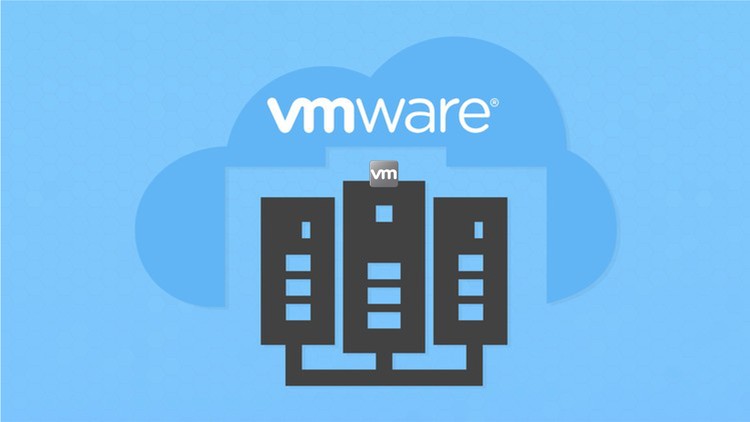Description
Introduction
This training focuses on integrating security into DevOps practices , particularly within Continuous Integration and Continuous Deployment (CI/CD) pipelines in cloud environments. As development cycles accelerate, it’s crucial to embed security into every stage of the CI/CD process to prevent vulnerabilities and breaches. Participants will learn how to incorporate security measures throughout the software development lifecycle, use cloud-native security tools, and implement best practices to build secure applications and infrastructure. By the end of the training, attendees will be able to effectively integrate security into their DevOps workflows, ensuring robust protection for cloud-based applications.
Prerequisites
Participants should have:
- A basic understanding of cloud computing concepts and services.
- Familiarity with DevOps principles and CI/CD workflows.
- Knowledge of security best practices and concepts.
- Experience with cloud platforms like AWS, Azure, or Google Cloud is beneficial but not required.
Table of Contents
1st Session: Introduction to Secure DevOps
- Overview of DevOps and the CI/CD Pipeline
- Importance of Security in DevOps: The Shift-Left Approach
- Key Principles of Secure DevOps
- Common Security Challenges in CI/CD Pipelines
- Benefits of Integrating Security into DevOps Processes
2nd Session: Securing the Development Environment
- Implementing Secure Coding Practices
- Managing Dependencies and Software Composition Analysis (SCA)
- Tools for Static Application Security Testing (SAST)
- Configuring Secure Development Environments and Workstations
- Best Practices for Secure Development in Cloud Environments
3rd Session: Security in Continuous Integration (CI)
- Integrating Security Scanning Tools into CI Pipelines
- Managing Secrets and Sensitive Data in CI/CD Tools
- Configuring Automated Security Testing: SAST, Dependency Scanning
- Enforcing Code Quality and Security Standards
- Best Practices for Securing the Continuous Integration Process
4th Session: Security in Continuous Deployment (CD)
- Implementing Security Controls in Deployment Pipelines
- Automated Security Testing: Dynamic Application Security Testing (DAST), Container Scanning
- Managing Infrastructure as Code (IaC) Securely
- Securing Deployment Artifacts and Container Images
- Best Practices for Securing the Continuous Deployment Process
5th Session: Secure Configuration Management
- Managing and Securing Configuration Files and Environment Variables
- Implementing Infrastructure as Code (IaC) Security: Terraform, AWS CloudFormation, Azure ARM Templates
- Automating Configuration Management and Security Enforcement
- Tools for Configuration and Policy Management in the Cloud
- Best Practices for Secure Configuration Management in CI/CD Pipelines
6th Session : Identity and Access Management in DevOps
- Implementing Role-Based Access Control (RBAC) and Least Privilege in CI/CD Tools
- Managing Secrets and Credentials: Vault, AWS Secrets Manager, Azure Key Vault
- Integrating IAM with CI/CD Pipelines for Secure Access Control
- Auditing and Monitoring IAM Policies and Access
- Best Practices for IAM in DevOps and CI/CD Environments
7th Session: Monitoring and Incident Response in CI/CD
- Setting Up Security Monitoring for CI/CD Pipelines
- Configuring Alerts and Logging for Security Incidents
- Incident Response in DevOps: Detection, Containment, and Remediation
- Integrating Security Incident Management into CI/CD Workflows
- Best Practices for Monitoring and Responding to Security Events in DevOps
8th Session: Advanced Topics and Future Trends
- Implementing DevSecOps Practices: Security Automation and Continuous Monitoring
- The Role of AI and Machine Learning in Securing CI/CD Pipelines
- Future Trends in Secure DevOps: Automated Threat Detection and Response
- Case Studies of Successful Secure DevOps Implementations
- Course Recap, Final Q&A, and Next Steps
This training includes hands-on labs, real-world case studies, and interactive exercises to help participants apply secure DevOps practices and integrate security seamlessly into their CI/CD pipelines in cloud environments.







Reviews
There are no reviews yet.